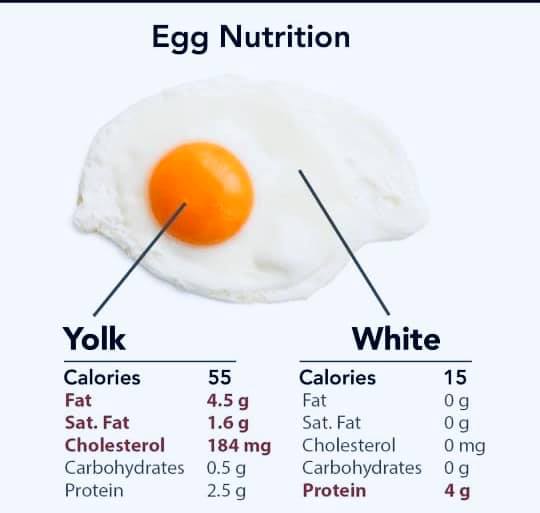Doctor can I eat eggs if I am Diabetes patient and have cholesterol issues too??
A commonly asked question in my opd.
Eggs are a nutritionally “dense” food, which means that they are rich in nutrients but low in calories. High-protein foods, including eggs, can make a person feel fuller. This may help people with diabetes to maintain a healthy weight.
Eggs are a complete protein, meaning they contain all nine amino acids that the body cannot produce itself so we must obtain from our diet.
While most of the protein in an egg comes from the white, the yolk is packed with healthful fats, vitamins A, D, E, and K, and antioxidants, such as lutein.
Eggs are also rich sources of vitamin B-12, and minerals, such as iron, copper, and zinc.
Eggs also contains choline, which is involved in body processes, such as memory and mood, and plays a crucial role during pregnancy in fetal brain development.
Eggs are a low-carbohydrate food and have a very low glycemic index score. This makes them a good source of protein for people with diabetes.
Should we be concerned about the cholesterol content in eggs?
No! eating eggs in moderation do not have negative affects on cholesterol levels.
The ADA recommend that people eat less than 300 milligrams (mg) of cholesterol per day.
Eggs are high in cholesterol with a large egg containing about 200 mg of cholesterol. However cholesterol that is in foods has little effect on raising overall cholesterol levels in the body but more danger is by consuming foods with high saturated-fat content include cakes and cookies, kharis, candies and processed snack.
The most healthful way to cook eggs is to boil, poach, or scramble them with low-fat milk.
I would recommend pairing eggs with chopped vegetables or a salad instead of having them alongside high saturated-fat foods like cheese or butter.
“Egg is a complete protein and our nutrition is incomplete without eggs”

